With the Wind (Le vent tourne): An interview with director Bettina Oberli and actress Melanie Thierry
French actress Melanie Thierry stars in With the Wind (Le Vent Tourne), showing at this year’s Locarno Film Festival. It is directed by Bettina Oberli and focuses on a couple who put their ideals of self-sufficiency into practice by trying to live sustainably off the land. Love and pain ensue.
We interviewed Oberli and Thierry after the public screening in the Piazza Grande. We spoke to the auteur and her leading lady about their latest work, the environment and filming the birth of live calves.
Bettina, what motivated you to make a film about the self-sufficient life?
Bettina Oberli: It’s about self-sufficiency but also about how to fix things in the world and the place where you live. This is something we should be concerned about. Is it worth fighting to save the planet or is it too late already? I don’t know the answer: I wanted to put out different opinions and combine them with a very simple love triangle. Sometimes, you just think we’re fucked and we should enjoy the last stages of humanity. Pessimists are always more fun, sexy and interesting. It’s so easy. It’s not fair. We need people like these farmers in the film. But if you want to save the planet, it’s not enough to create your perfect ecology. You have to open up. The stranger says it’s even egoistic. But it’s important to have these people.
Melanie, could you live such a quiet life as you do in the film?
Melanie Theirry: I couldn’t live there all year round. But it’s a fascinating topic. In the city, you want a bit of nature; you want to be outside. You can’t live without the other. Nature isn’t silent. With the sea there are waves.
How are romance and pain linked to nature, to the pastoral?
MT: That’s a complicated question. You find freedom to live in such a place. It’s cruel but it delivers something. If you live outside of the world, you are afraid of everybody and you can have no romance. It’s a way of being selfish. What I like with nature is that you feel freedom and a true link with the cosmos. But sometimes there’s something rude with the country. Solitude is when you close yourself to all the possibilities.
BO: Chemically, love is pain. I wanted to put the story in nature because they are so busy. You think people in nature are less neurotic, less sentimental. You think it’s simpler but of course, it’s not. It can be even worse, even more dramatic than for people who live in the cities. It’s like what Woody Allen says about bad things happening in the countryside.
Melanie, is it different working with a female director?
MT: It’s a director. It’s not specific when it’s a woman or a man. It’s a vision of cinema: to choose the colour and the sensibility of the film.
Your character has quite radical, idealistic views of how to live and treat the world. Could you relate to this?
MT: I thought the choice was inspiring. The initiative is inspiring too. We know from the beginning the relationship is going to the wall. The construction has something fascinating about it. Their performance is an act of politics, an act of rebellion.
Can you explain how you filmed the scene where the cows give birth?
BO: We were thinking of making it with special effects but we didn’t have the money. Nine months before shooting we were left the cows with the bull. It gave us six chances. But these cows were wild, savage. They kept giving birth in the woods. We had one more chance. You can predict the birth one day before, the farmer told us.
MT: It’s a bit of a shame because during preparation many cows gave birth to new life. When I observed it, I helped the delivery. It was like a dream, a magical moment. It was very powerful. All the cows had delivered, with just one cow left. We had one chance left to film it. It was ugly how he came out. We fucked up. I was disappointed because as an actress you want to look brave and courageous. It didn’t happen. You just have to be there. The real farmer was just behind me. It was a moving moment. We knew the cow was about to deliver. My son asked if he could stay but I said he had to keep his mouth shut because otherwise, it could be a problem if you react! I had to pretend the calf was dead when it wasn’t at all. I was pretending it was the end of the world. My son didn’t understand I was playing something.
Do you do anything to protect the environment, like Marion Cotillard?
MT: I’m not Marion Cotillard! I have my conscience. I try to respect nature. But I don’t really do anything. I leave the people with their convictions to speak loudly. But I can’t speak loudly. I’m just being an actress.
BO: I separate my trash. I think before I book a plane. These questions are very pressing.
How did you try to define the characters’ relationship?
BO: it’s an emancipatory film. They would call themselves feminists. Equality is important. They were like sister and brother, less together through passion and love and more through their project. The third guy disturbs the relationship emotionally and intellectually. He deceives Alex [Deladonchamp’s character] because he doesn’t care who pays him. I wanted to create an atmosphere in which the political issues could be discussed. The hotel room, for example, is like a cloud of time, words and feelings.
MT: I didn’t know Pierre before. But I love him. He was such a sensitive guy and we had so much fun. He was really involved with everything and really curious. When you start as a teenager and you work with adults and the shooting is done, you can’t keep a beautiful relationship. You are a teenager; you are on the side. But as adults it’s beautiful.
Melanie, you worked as a director recently. Was this a dream you had for a long time?
MT: No, it went s**t. It was a strange exercise from a French organisation who promote young actors to direct their first short movie. They asked me. I now realise many, many things. And I will now be lovely with young directors. I had a lot of pleasure on the set. I felt like I was in my own place.
Bettina, as a female director, can you talk about your experiences making films?
BO: I have been very lucky because until now, I could easily make my films. I love to work with women: my producers, editor and crew are women. I also like to work with men. The more money is involved, the more difficult it is for women to make films. There aren’t many big-budget movies in the hands of female directors. I think women are more decent. I know they’re doing research on it now. Women directors make cheaper films because we often explore human relations and family. We’re less interested in the big spectacle. I would love to have as much money as possible. Even if it’s an intimate family portrait, then you have more time to shoot. Time is the most important thing.
Joseph Owen
Photo: Pier Marco Tacca / Getty Images
With the Wind (Le vent tourne) does not have a UK release date yet.
Read more reviews from our Locarno Film Festival 2018 coverage here.
For further information about the event visit the Locarno Film Festival website here.

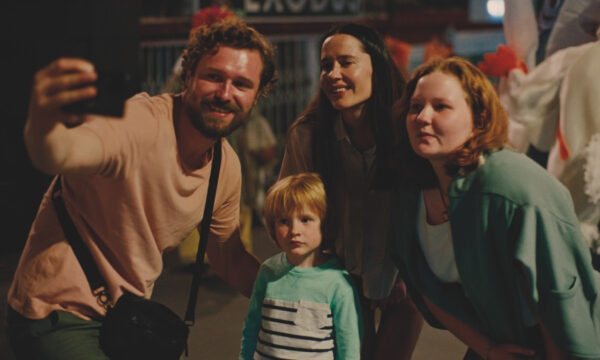
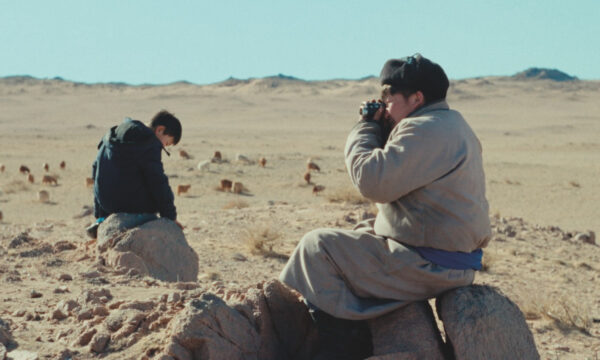
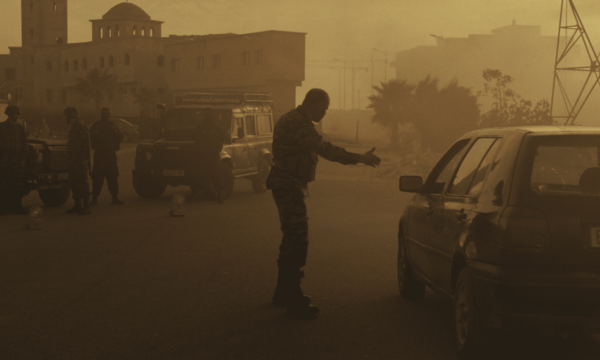
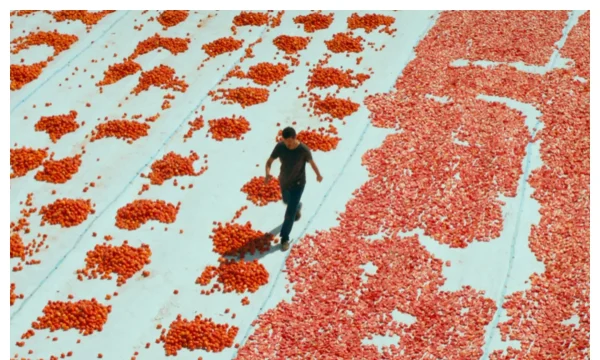
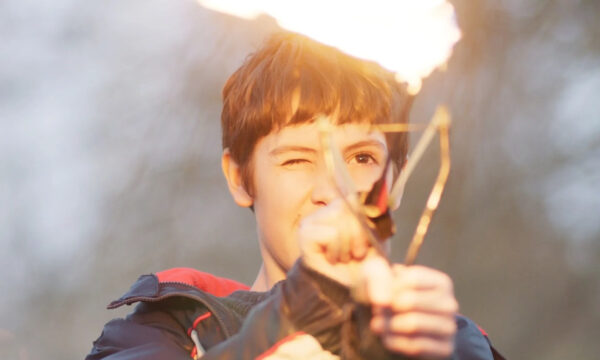
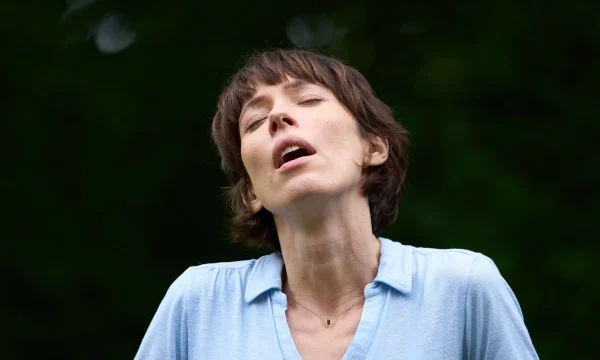
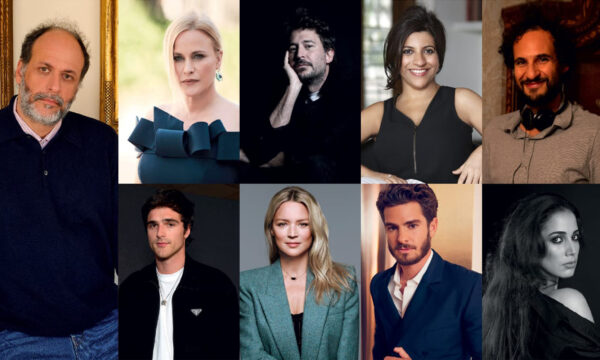
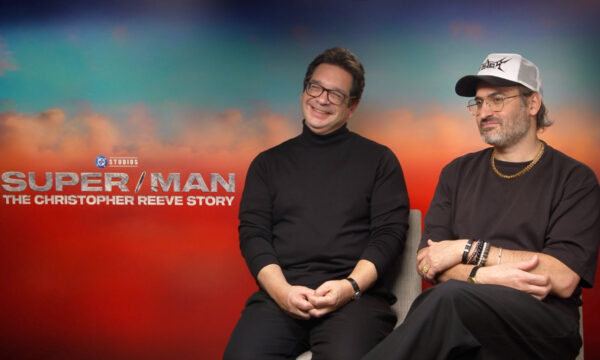
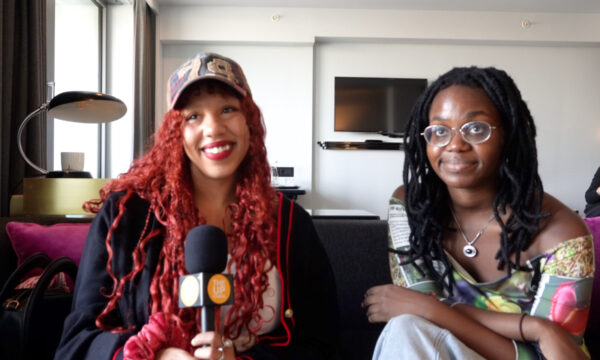






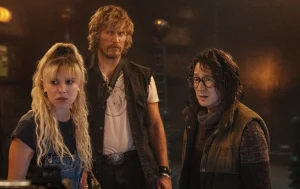
Facebook
Twitter
Instagram
YouTube
RSS